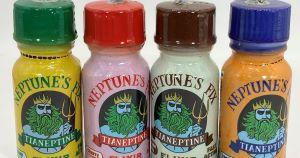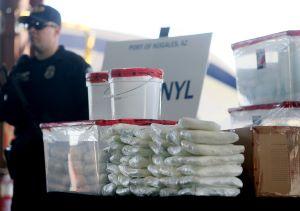
Bolivians chew coca. The country defended the traditional use of coca at the UN in Vienna this week. (Creative Commons)
IL Therapeutic Psychedelics Bill Gets Hearing, Bolivia Again Calls for UN to Recognize Coca, More... (12/10/24)
A Nebraska Republican has appealed a court decision upholding voter-approved medical marijuana initiatives, Colombia bombards the Gulf Clan, and more.








